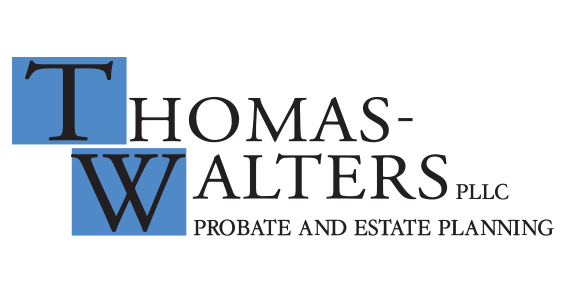While new parents may not think they need an estate plan, this could not be further from the truth. All parents of minor children should have a properly executed estate plan. One of the most important features of an estate plan is the ability to nominate a guardian for your minor children.
This guardian would care of your children if something were to happen to you and the other parent. The person you select as your children’s guardian would ultimately raise your children. That person would also be a primary source of support for them during a difficult time. Thus, you and the other parent will want to consider several factors. Will your children have to relocate to a different school district? Can the potential guardian financially care for your children? Do you expect the potential guardian to remain in good health until your children turn 18-years-old? Perhaps the most relevant factor to consider is whether the person would want to take on the role. Have an honest and realistic conversation with the person you are considering.
If you pass away without a plan in place, or if your selection falls through for whatever reason, a judge will appoint a guardian for you. The judge will decide based on what he or she considers to be in the child’s best interest. Unfortunately, that decision may not align with what YOU consider to be in their best interest. In some cases, children are sent to Child Protective Services while the judge decides on the proper guardian. For these reasons, we advise all of our clients to include two backup options for guardianship. If your circumstances or the potential guardian’s circumstances change, our office offers a Lifetime Lawyer Guarantee, which allows our clients to make changes to their estate plan for no additional charge. We understand that circumstances change.
Nominating a guardian is just one of the ways an estate plan can protect your children if something happened to you. Other estate planning options available to parents include a Special Needs Trust for children with a disability, and a Children’s Inheritance Trust, which among other benefits, allows you to control not only what your children inherit, but also when they inherit it.
For more information about how you can plan for your family’s future, no matter what happens, contact an Atlanta Estate Planning Attorney today at (404) 260-1901 or visit the Thomas Walters Georgia website at http://georgiaestateplan.info/.
